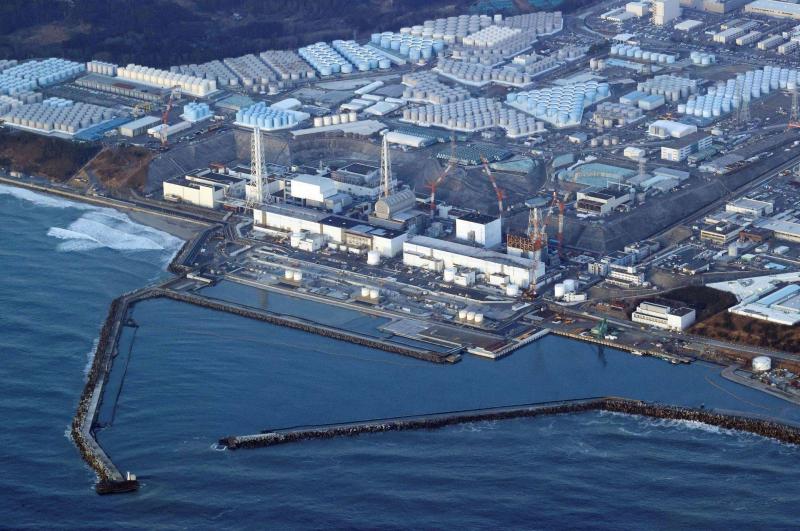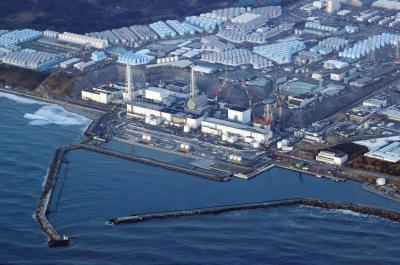Japan announced on Tuesday that it will start discharging over a million tons of treated radioactive water from the troubled Fukushima nuclear power plant on August 24, thereby implementing a plan that has faced sharp criticism from China. The Japanese government approved the plan two years ago, considering it vital for decommissioning the plant operated by Tokyo Electric Power Company (TEPCO). Local fishing groups have also criticized the plan, fearing damage to their reputation and threats to their livelihoods.
Prime Minister Fumio Kishida stated on Tuesday morning: "I have requested TEPCO to prepare swiftly to discharge the water in accordance with the plan approved by the Nuclear Regulation Authority, and I expect the discharge to begin on August 24 if weather conditions permit." This announcement came the day after the government declared that the fishing sector showed "a degree of understanding" regarding the water discharge.
Japan asserts that the water discharge is safe. The International Atomic Energy Agency (IAEA), a United Nations agency concerned with nuclear energy, greenlit the plan, stating that it meets international standards and that its impact on individuals and the environment is "almost negligible." Japan says the water will be treated to remove most radioactive elements except for tritium, a hydrogen isotope that is difficult to separate from water. The treated water will be diluted to levels well below internationally permitted tritium levels before being discharged into the Pacific Ocean.
This water was used to cool fuel rods at Fukushima Daiichi after they melted during a disaster caused by a tsunami that hit Japan's eastern coast in 2011. South Korea stated on Tuesday that it does not see any issues with the scientific or technical aspects of the plan, but it does not necessarily agree with or support it. South Korean President Yoon Suk Yeol must balance his desire for better relations with Japan with the potential backlash from domestic consumers.
Despite international concerns, Kishida expressed his belief that "accurate understanding" of the issue is spreading in the international community. A Japanese official noted that preliminary test results of seawater after the discharge may be released at the beginning of September. Japan will also test fish in waters near the plant, and the results of these tests will be published on the website of the Ministry of Agriculture.




